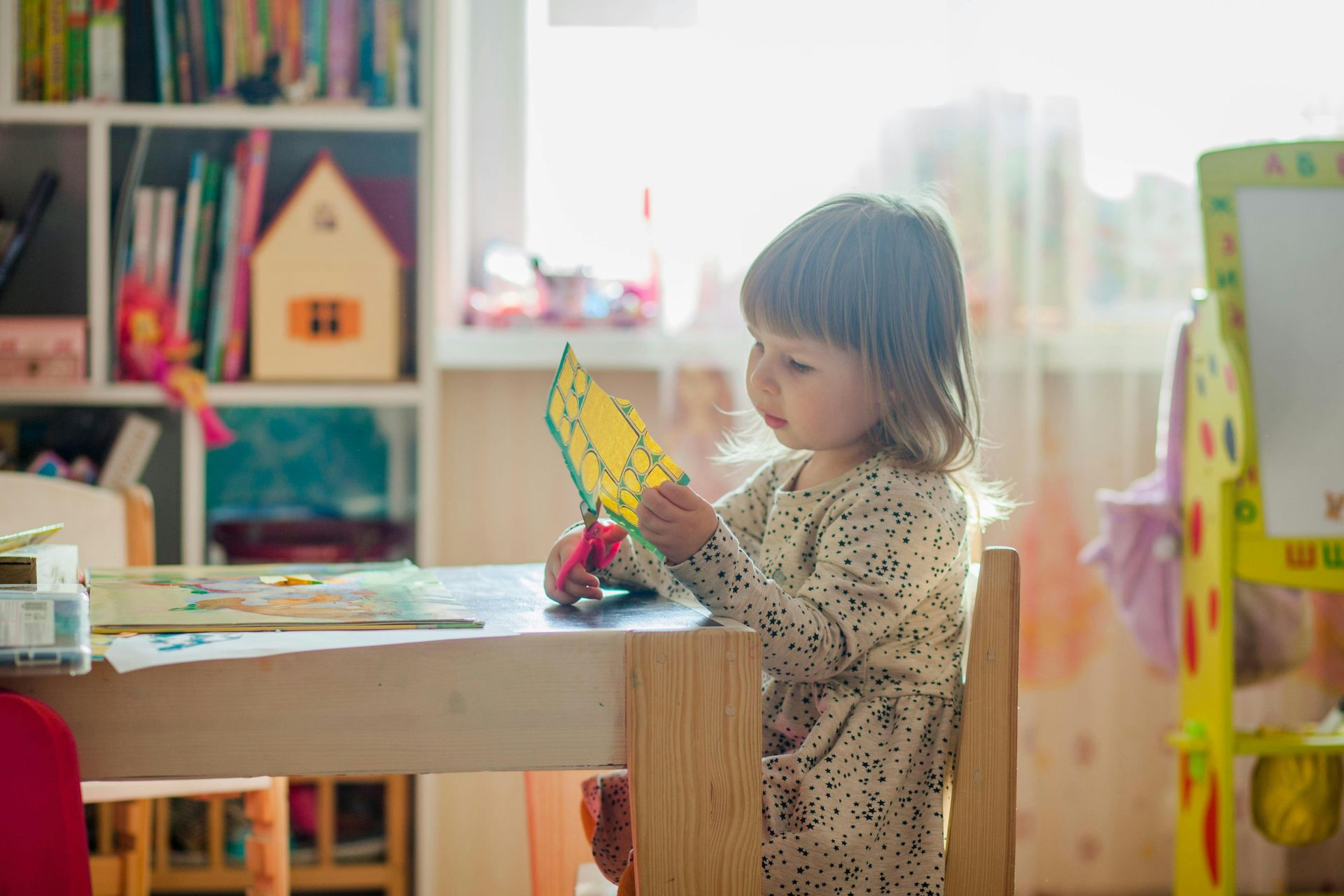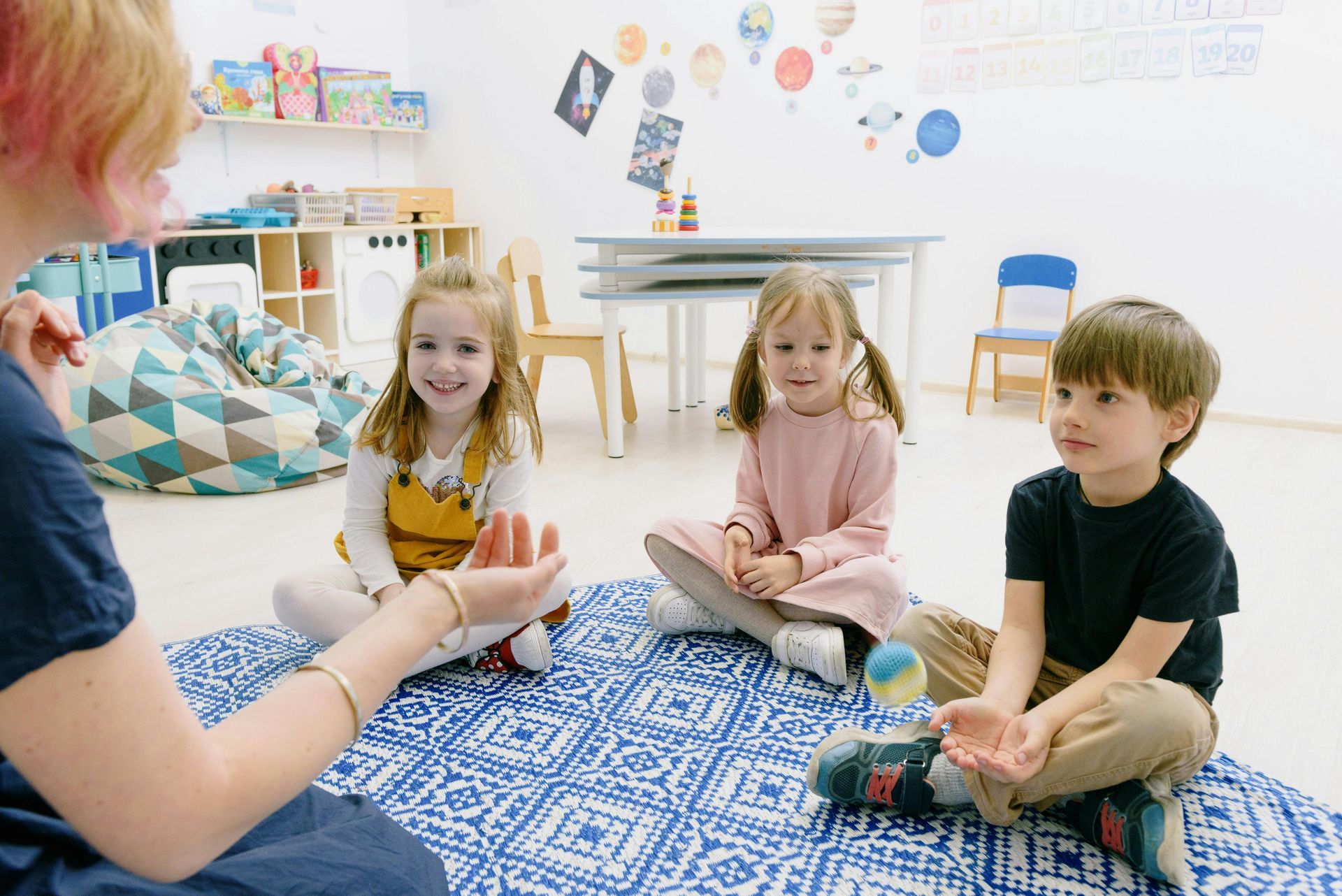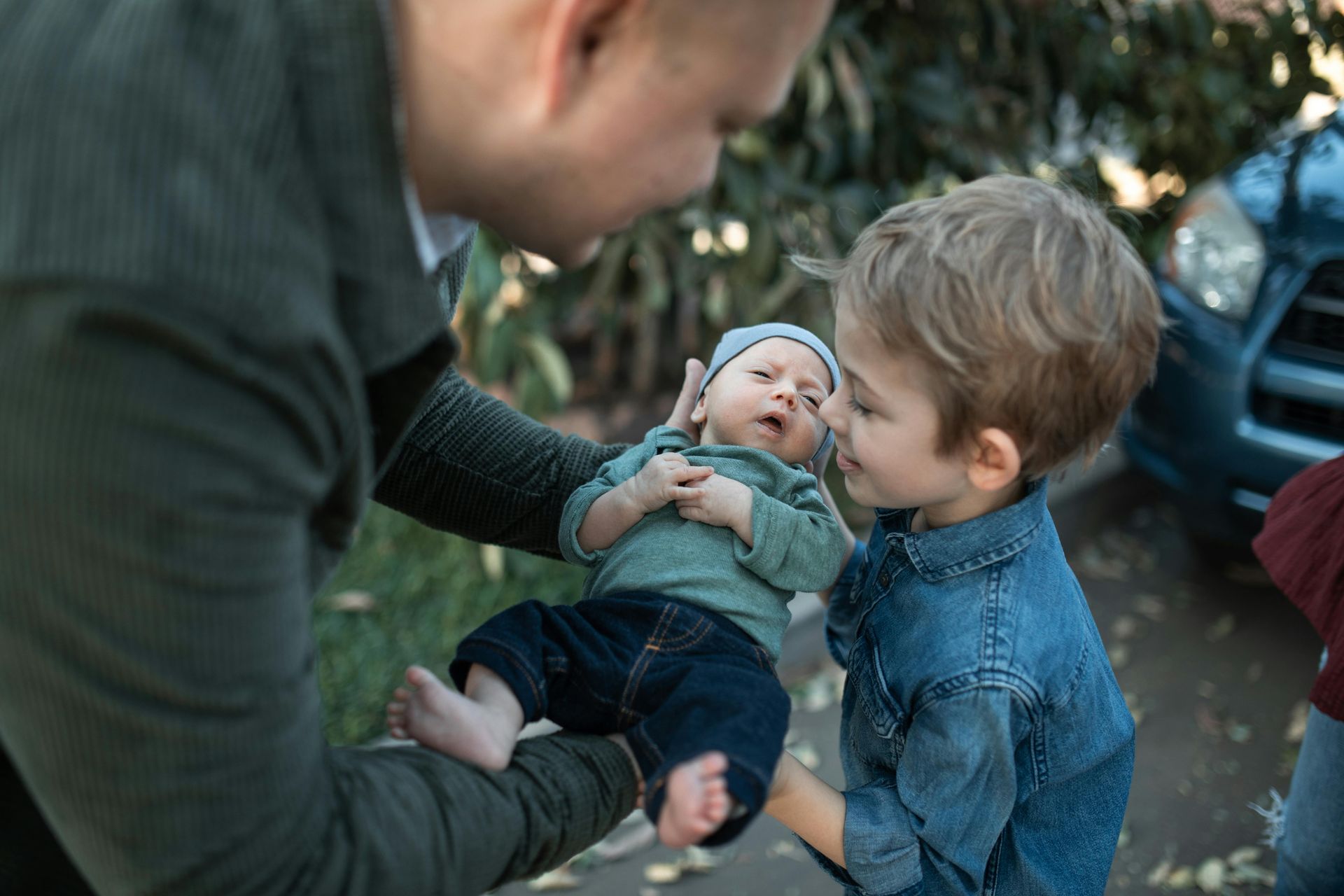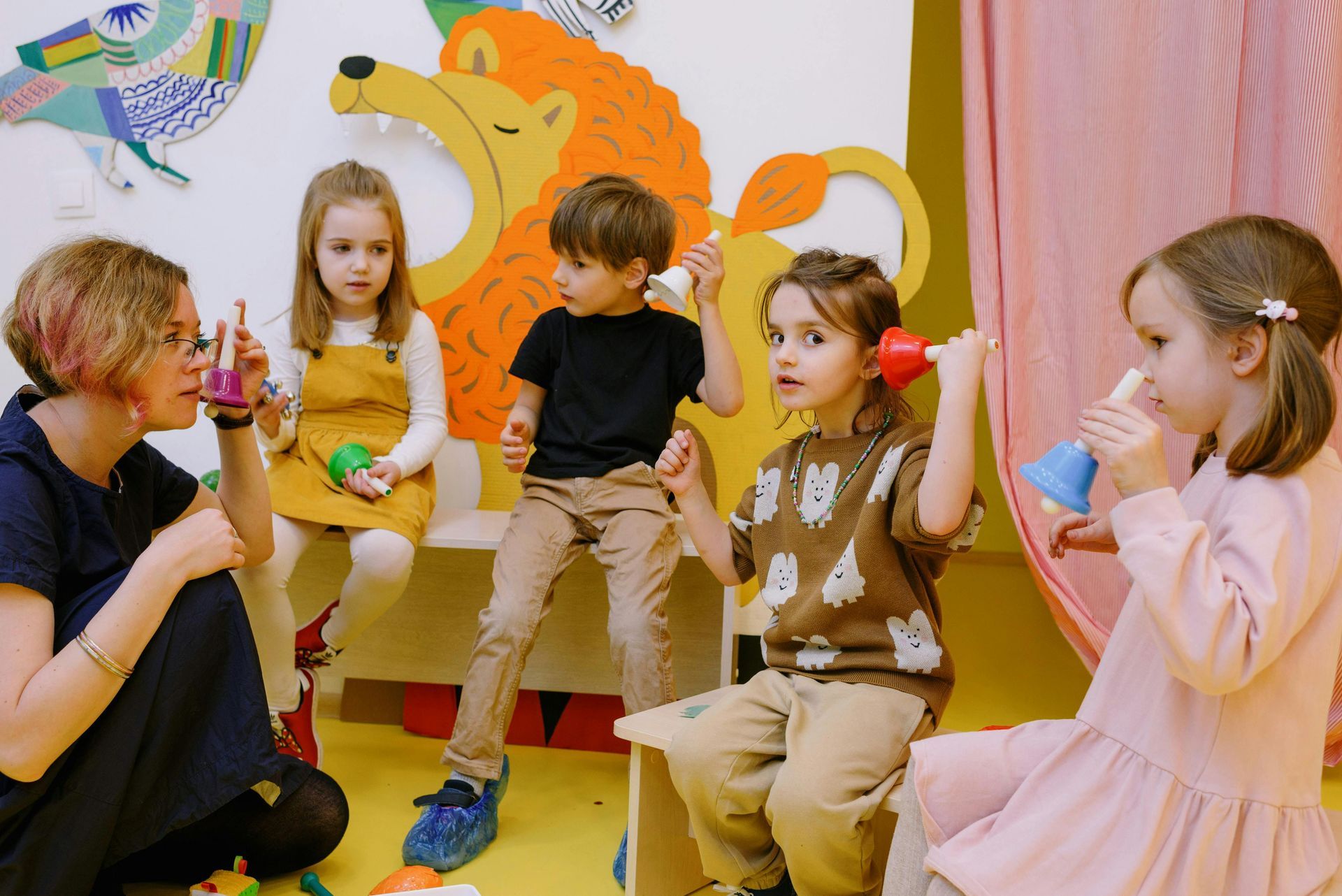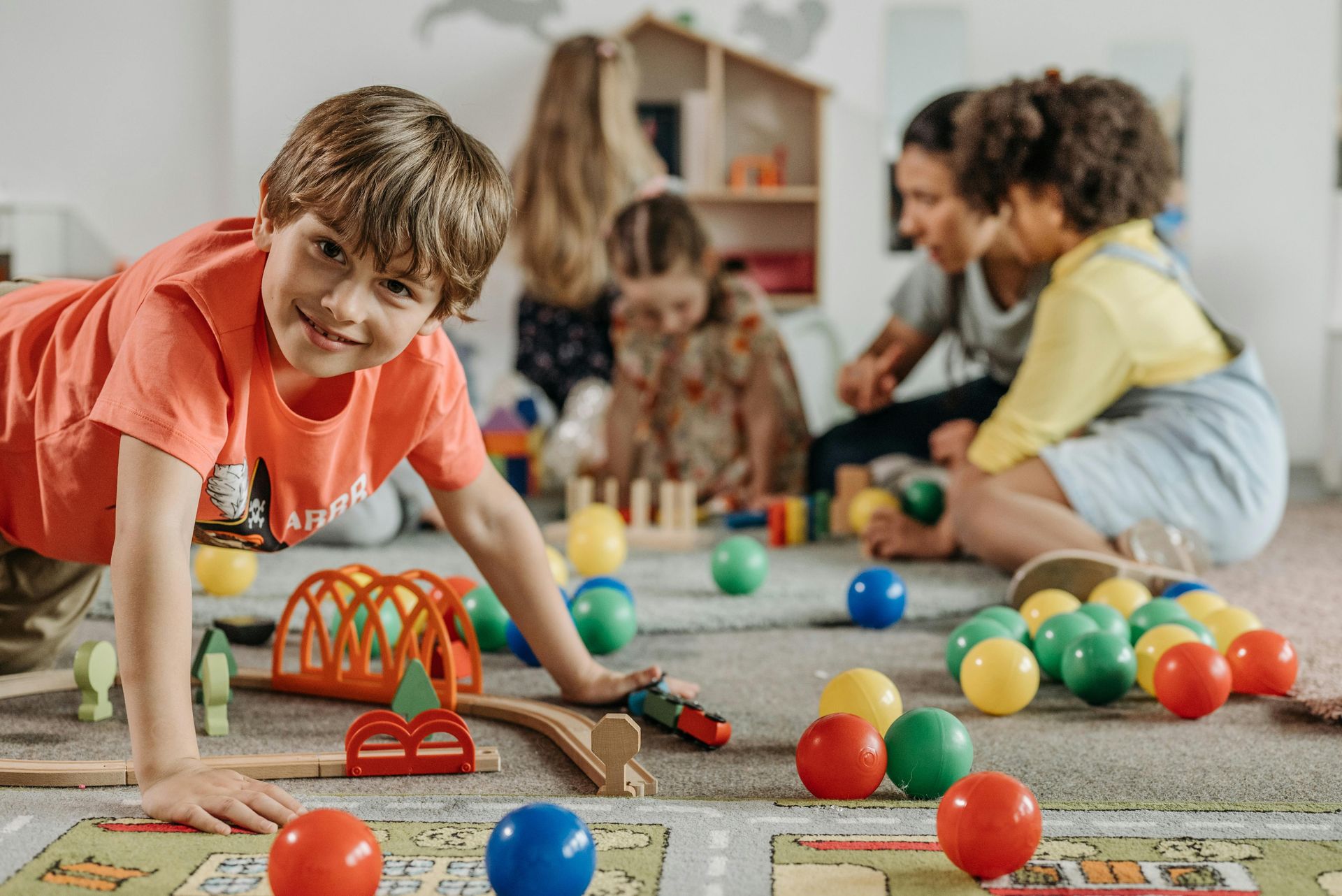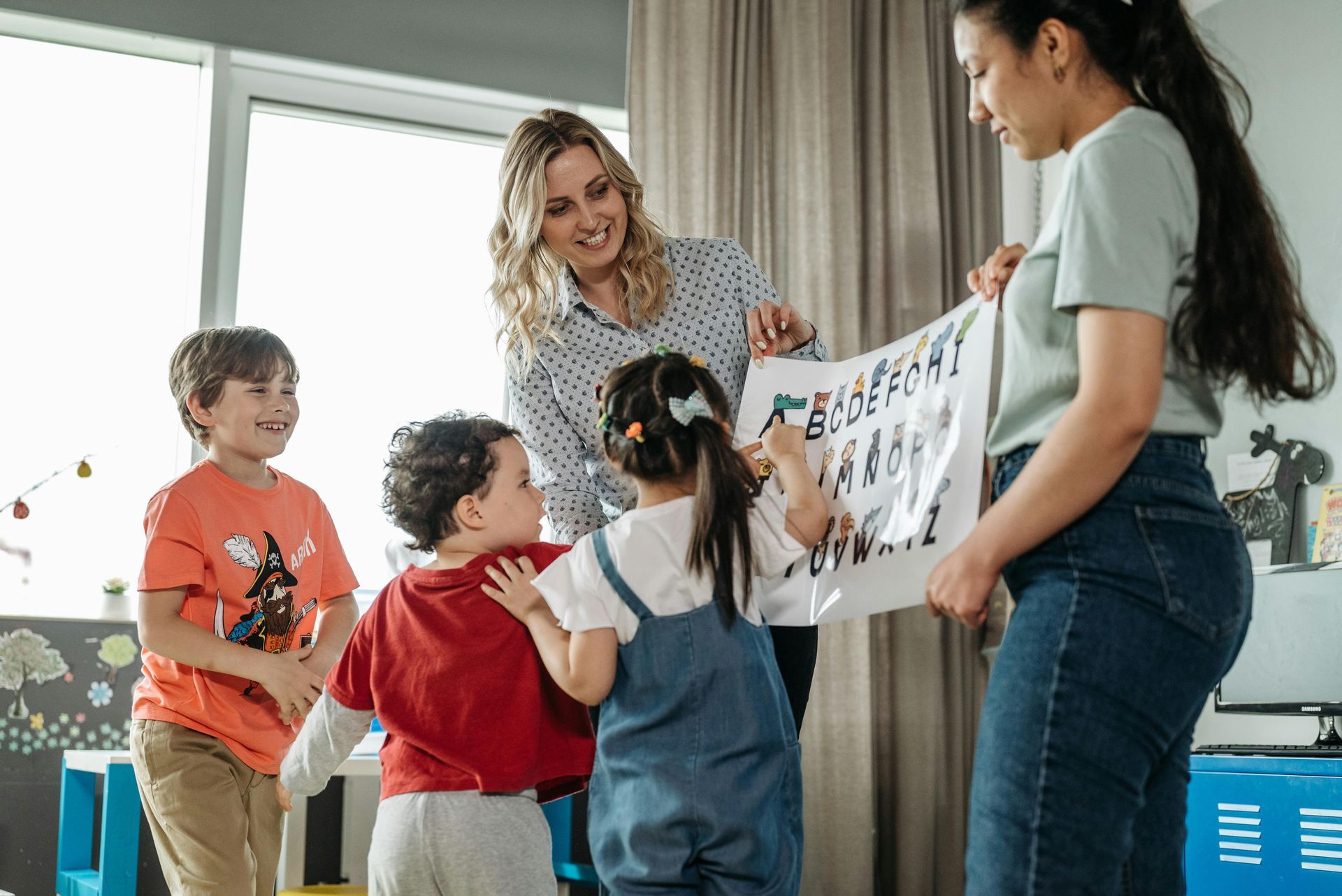Creating a Foundation for Lifelong Learning: The Power of Early Childhood Education
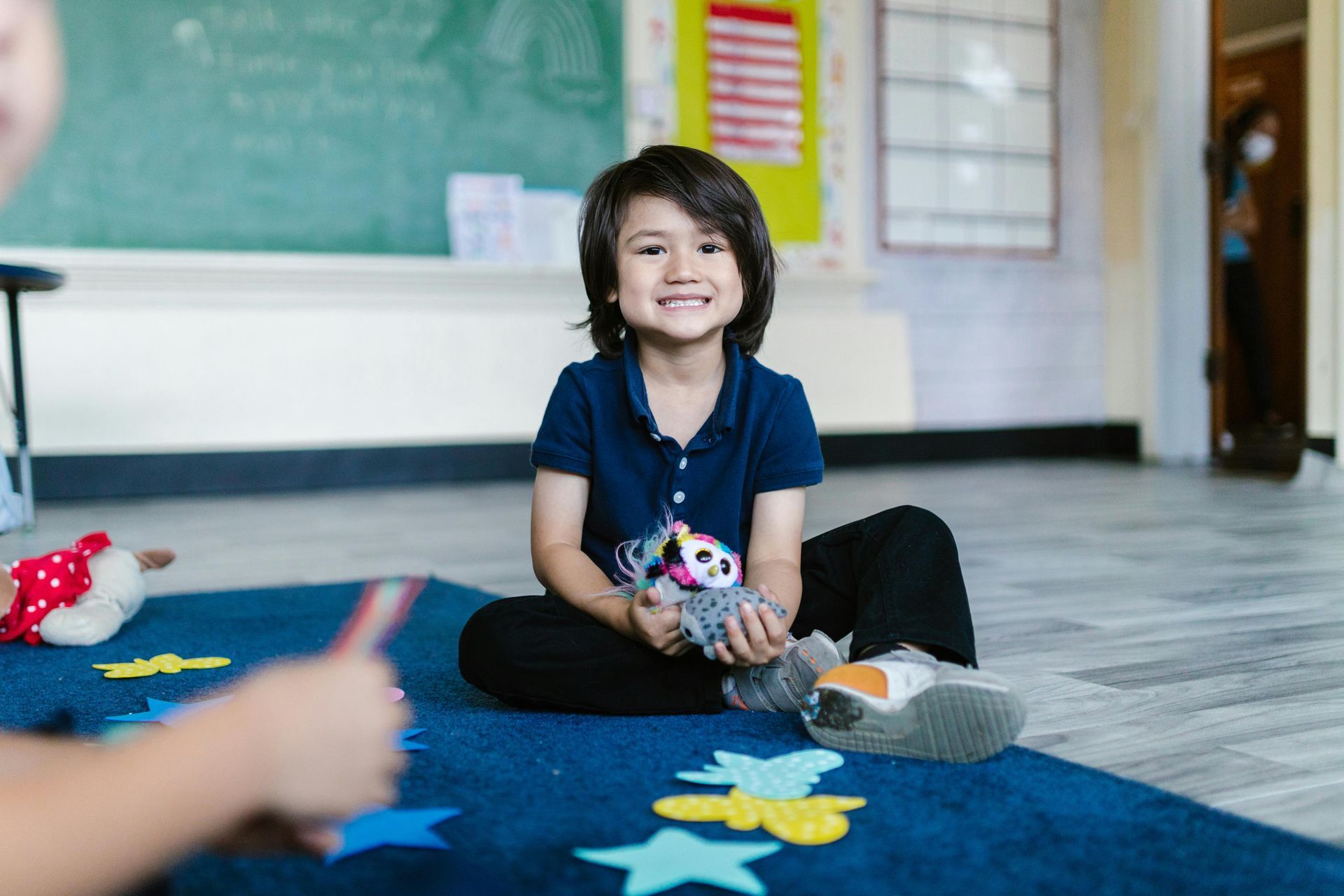
At Playtime Academy, we understand that the early years of a child’s life are pivotal in shaping their future academic and social success. The experiences children have in their first few years not only influence their immediate development but also set the stage for their lifelong love of learning. In this blog post, we explore how early childhood education creates a strong foundation for lifelong learning, equipping children with the tools they need to succeed in school and beyond.
Why Early Childhood Education Matters
The early years of childhood are when the brain is most receptive to learning and development. Studies have shown that 90% of a child’s brain develops before the age of five, making these years crucial for shaping their cognitive, emotional, and social development. Early childhood education plays an essential role in this process, providing children with structured opportunities to learn, interact, and grow in a nurturing environment.
Here are some key reasons why early childhood education is so critical:
1. Developing Cognitive Skills
Early childhood education helps children build cognitive skills through activities that promote problem-solving, critical thinking, and creativity. From learning basic concepts like shapes, colors, and numbers to exploring more complex ideas like patterns and logical relationships, these early educational experiences provide the intellectual foundation for future academic success.
2. Fostering Social and Emotional Development
Social and emotional skills are vital for success in life, and early childhood education plays a significant role in developing these abilities. Through group activities, cooperative play, and structured interactions with peers and educators, children learn to communicate, share, cooperate, and resolve conflicts. These interactions help build self-confidence, emotional regulation, and empathy—key components of emotional intelligence.
3. Building a Love for Learning
Early childhood education fosters a lifelong love of learning by making education engaging and enjoyable. At
Playtime Academy, we believe that learning should be fun and interactive, which is why our curriculum is designed to inspire curiosity and excitement about discovering new things. When children enjoy the learning process, they develop a positive attitude toward school and education that will last throughout their lives.
4. Preparing for Academic Success
Children who receive early education are better prepared for success in school. Studies have shown that early childhood education improves children’s literacy and numeracy skills, increases their school readiness, and provides a smoother transition into kindergarten. By the time children enter formal schooling, they are better equipped to succeed academically.
How Playtime Academy Lays the Foundation for Lifelong Learning
At
Playtime Academy, we are dedicated to providing an educational environment that prepares children for future success. Our curriculum is designed not only to meet the developmental needs of young children but also to lay a strong foundation for lifelong learning.
Here’s how we do it:
1. Hands-On Learning Experiences
We believe that children learn best when they are actively engaged in hands-on activities. Our classrooms are equipped with materials that allow children to explore and experiment through play. Whether it’s building structures with blocks, participating in science experiments, or creating art, these experiences foster cognitive growth and creativity.
2. A Holistic Approach to Development
We understand that children are more than just students—they are individuals with unique needs and abilities. Our curriculum takes a holistic approach to child development, addressing not only cognitive skills but also social, emotional, and physical growth. By nurturing the whole child, we help children develop the skills and confidence they need to thrive.
3. Encouraging Curiosity and Exploration
Curiosity is the driving force behind learning, and we encourage children to explore their interests through inquiry-based learning. Our classrooms are designed to foster curiosity, with exploration stations, sensory activities, and opportunities for children to ask questions and discover new things. This process sparks a love of learning and helps children develop a growth mindset.
4. Building Strong Relationships
At
Playtime Academy, we believe that positive relationships are key to a child’s learning and development. Our teachers are dedicated to building strong, supportive relationships with each child, providing a safe and nurturing environment where children feel valued and respected. These relationships help children build self-esteem and social skills, which are crucial for academic and personal success.
5. Early Literacy and Numeracy
One of the cornerstones of our early childhood education program is early literacy and numeracy. Our curriculum includes activities that promote language development, reading readiness, and number recognition. From interactive storytime to counting games, these activities help build the skills children need for academic success in school.
6. Emphasizing Social-Emotional Learning
We place a strong emphasis on social-emotional learning (SEL) to help children develop important life skills. Through guided activities, group projects, and cooperative play, children learn how to manage their emotions, communicate effectively, and work well with others. These skills not only prepare children for school but also set them up for success in relationships and future careers.
How Parents Can Support Lifelong Learning at Home
While early childhood education plays a critical role in a child’s development, parents also play an essential part in supporting lifelong learning at home. Here are a few ways parents can help reinforce the lessons learned at
Playtime Academy and foster a love for learning outside the classroom:
1. Read Together
Reading is one of the most effective ways to foster early literacy and a love of learning. Set aside time each day to read with your child. Encourage them to ask questions, make predictions, and discuss the story. This not only promotes language development but also strengthens the bond between parent and child.
2. Encourage Exploration
Provide opportunities for your child to explore new ideas and concepts at home. Whether it’s through nature walks, museum visits, or simple science experiments, encouraging exploration helps children make connections between what they learn in school and the world around them.
3. Foster Curiosity
When your child asks questions, take the time to explore the answers with them. Encourage them to ask more questions, and guide them to resources that can help them find answers. This fosters a growth mindset and helps children develop problem-solving skills.
4. Create a Positive Learning Environment
Create a home environment that is conducive to learning. This includes having a quiet space for reading, providing access to educational materials and activities, and maintaining a routine that encourages learning and exploration.
5. Be a Lifelong Learner Yourself
Model the behavior you want to see in your child. Show them that learning doesn’t stop at school by pursuing your own interests and passions. When children see adults in their lives prioritizing learning, they are more likely to adopt a lifelong love of education.
Discover how fostering curiosity and building social skills in young children go hand in hand in shaping well-rounded learners, as explored in our posts on fostering curiosity in young minds and the importance of play in building lifelong social skills.
Conclusion
Early childhood education is the foundation for a child’s academic success and lifelong learning. At
Playtime Academy, we are committed to providing a nurturing and engaging environment where children can build the cognitive, emotional, and social skills they need to thrive. Through hands-on learning, exploration, and strong relationships, we help children develop a love for learning that will serve them throughout their lives. Together with parents, we can create a strong foundation for future success, ensuring that children grow up with the skills, knowledge, and confidence to take on the world.

